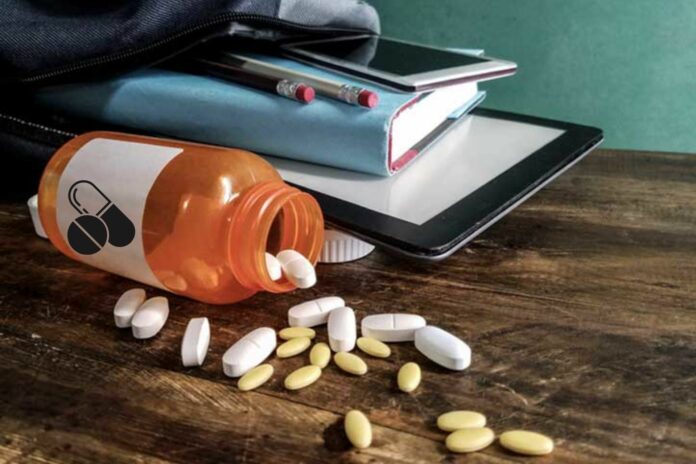If you are facing drug charges in South Carolina, it is essential to know the various types of drug offenses you may be charged with and the possible penalties for each type. The drug laws of South Carolina are stringent, and a drug conviction may include lengthy prison terms and high fines. This article will examine the different categories of drug offense cases prosecuted in South Carolina and the necessities prosecutors have to prove for each charge.
- Possession
One of the most prevalent drug offenses in South Carolina is simple possession of a controlled substance. Under the law of South Carolina, it is illegal for a person to possess any amount of an illicit drug without having a valid prescription. Prosecutors must prove two elements for a possession charge: 1) that you had possession or control over the illegal drug; and 2) that you knew or should have known that the substance in your possession was illegal.
The nature and amount of the drug in question determine the seriousness of a possession charge. It is crucial to meet with a seasoned Greenville criminal defense attorney regarding the specific drug laws of South Carolina.
- Possession with Intent to Distribute (PWID)
Beyond simple possession, one of the most severe drug charges is possession with intent to distribute (PWID). To prove this charge, prosecutors must show that you were in possession not only for personal use but also to sell or distribute the drugs to others.
Several factors can provide evidence of intent to distribute, including:
- The weight and packaging of the drugs: Larger amounts of drugs divided into smaller packages may indicate an intent to sell versus personal use.
- Additional evidence: Having items like scales, plastic baggies, or large amounts of cash can support an inference that you planned to sell drugs.
- Your statements or actions: Admitting you planned to sell drugs or being caught doing so can prove intent to distribute.
PWID charges typically carry much stiffer penalties than simple possession due to the additional element of intending to involve others with illegal drugs. Refuting any evidence of intent is important if you are facing these serious distribution charges.
- Manufacturing
South Carolina drug laws also prohibit manufacturing controlled substances. Manufacturing offenses include activities involved in the production, cultivation, and creation of illegal drugs.
Some examples of manufacturing crimes include:
- Growing or cultivating marijuana plants.
- Operating a methamphetamine lab to produce the drug.
- Using chemicals to synthesize other illegal drugs like LSD, cocaine, or ecstasy.
Prosecutors must prove you engaged in the manufacturing process as opposed to simply possessing finished drugs.
- Prescription Drug Fraud
While most drug laws focus on illegal street drugs, South Carolina also criminalizes prescription drug fraud. This includes offenses like:
- Forging or altering a prescription to obtain controlled medications without a valid medical need.
- Using fraudulent means, like fake medical issues, to trick doctors into writing prescriptions you don’t need.
- Growing or obtaining prescription drugs through means other than a prescription from a licensed medical professional for a legitimate medical purpose.
Prescription fraud penalties are determined by the type and amount of drugs involved, but generally carry jail time and fines.
- Drug Paraphernalia Offenses
Paraphernalia refers to equipment, products, or materials used in the production, storage, or consumption of illegal drugs. South Carolina’s drug laws also prohibit the possession and use of drug paraphernalia. Such items include:
- Bongs, pipes, or other smoking devices.
- Hypodermic needles or syringes.
- Scales, plastic baggies, or other materials used to package drugs for sale.
- Products containing chemical substances are used to produce drugs.
Final Thoughts
South Carolina has strict laws against drug possession, distribution, manufacturing, and other drug-related crimes. The state prosecutes a wide range of drug offenses that carry severe penalties upon conviction, like incarceration, fines, and other legal consequences.
If you have been charged with a drug crime, you must protect your rights and legal interests by consulting with an experienced criminal defense lawyer. An attorney can examine the strengths and weaknesses of the case, advise you on all your options, and advocate aggressively on your behalf.


